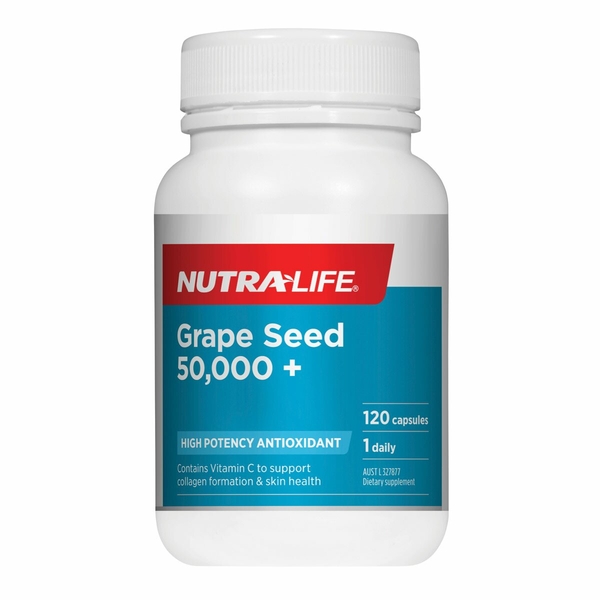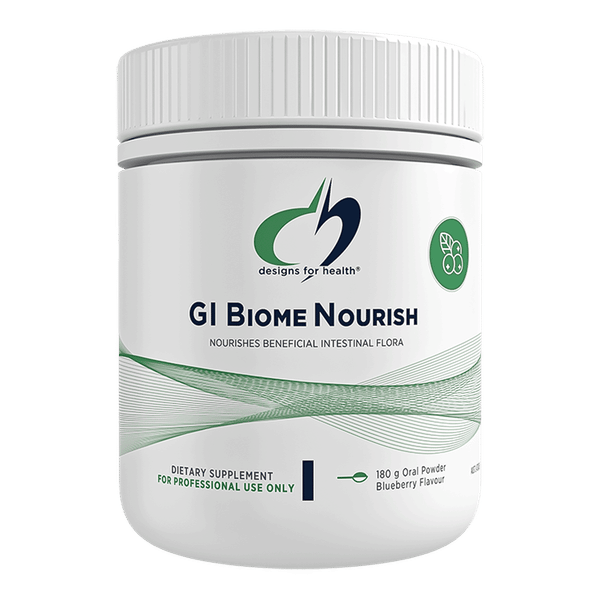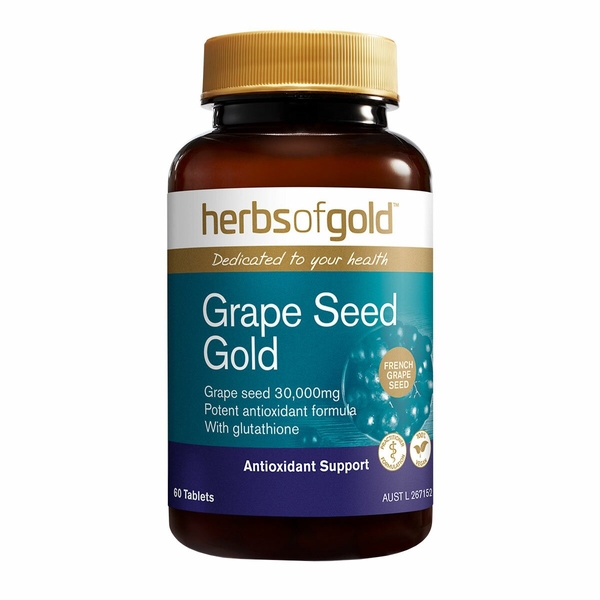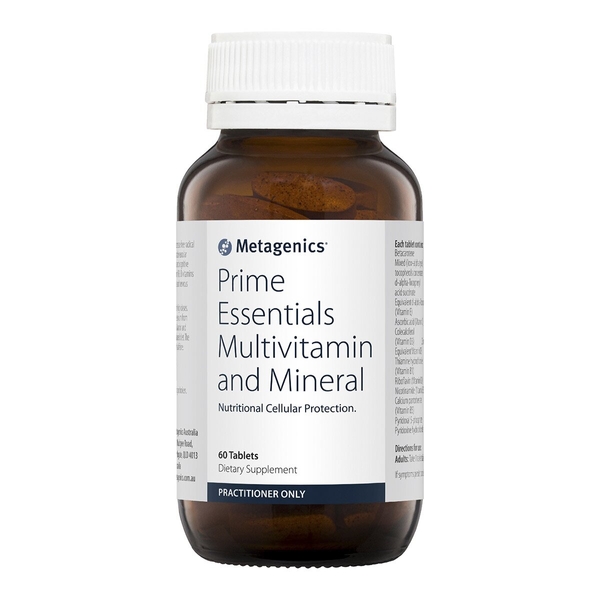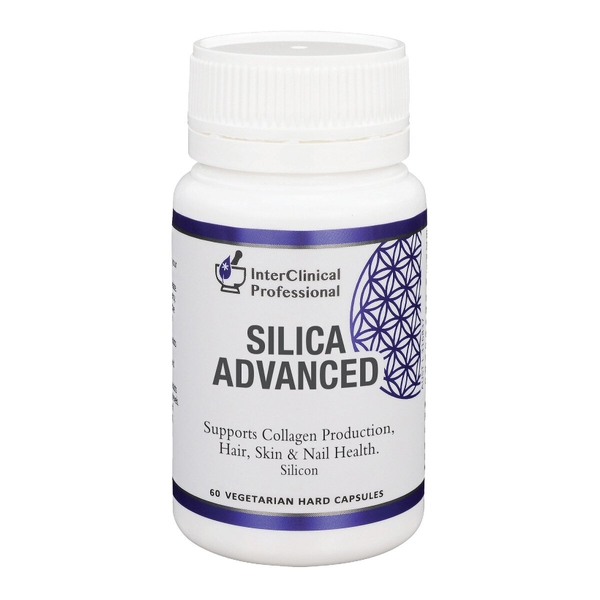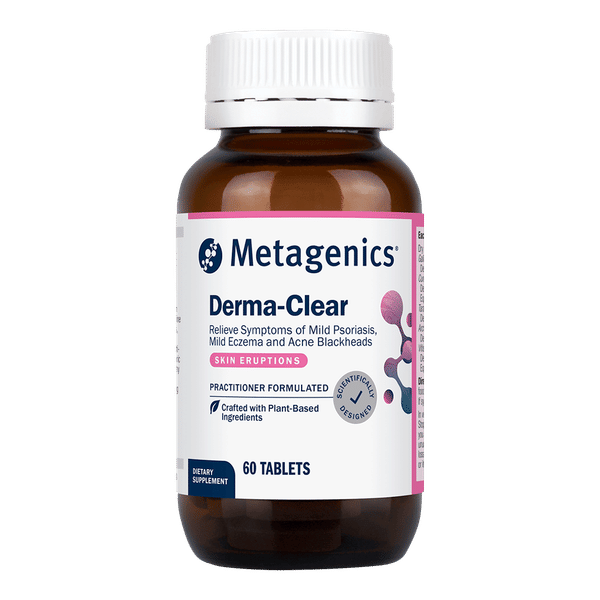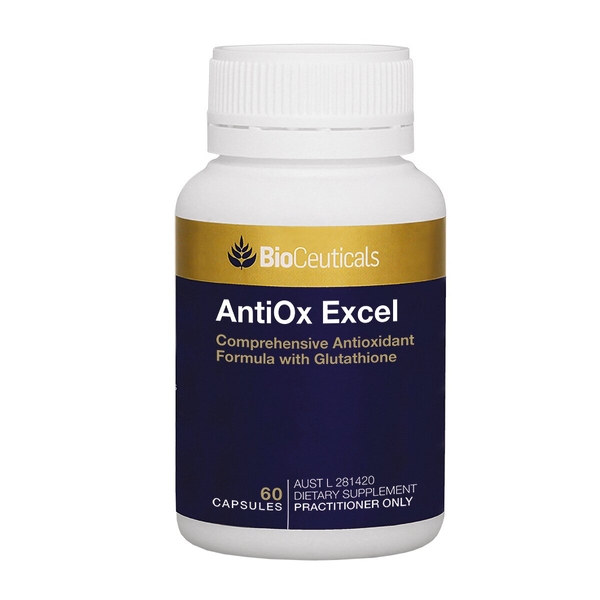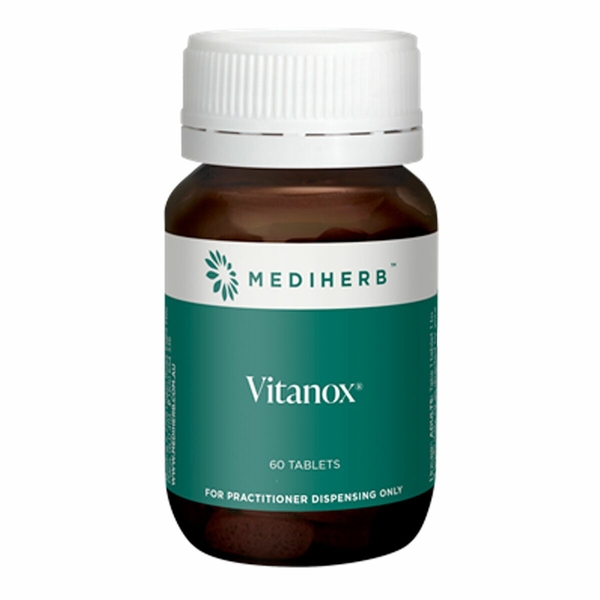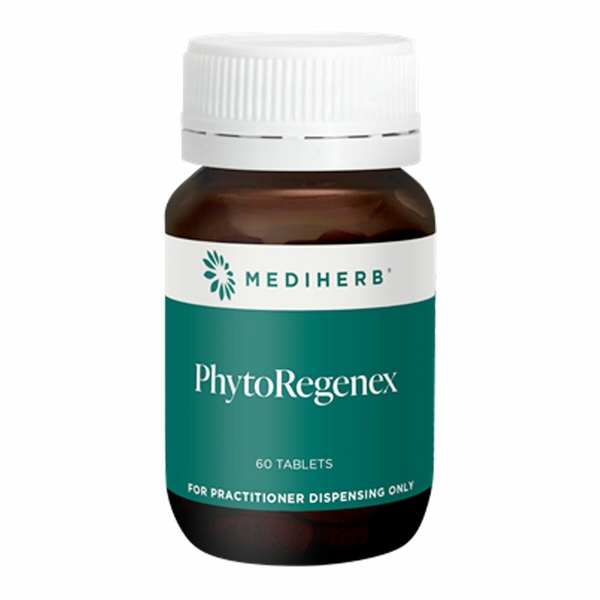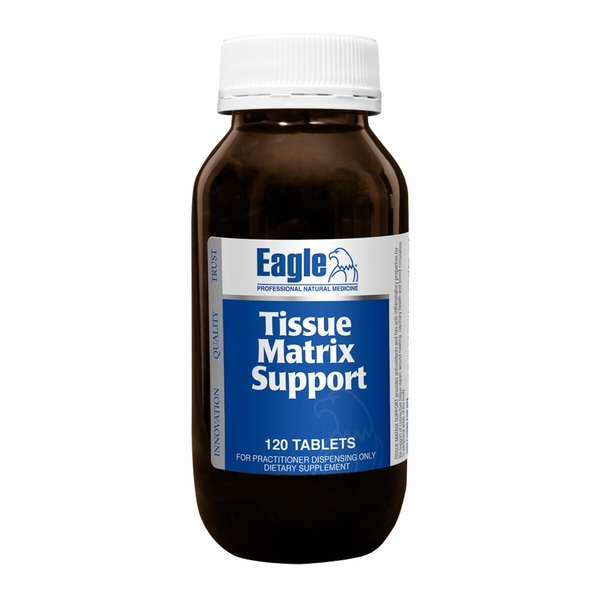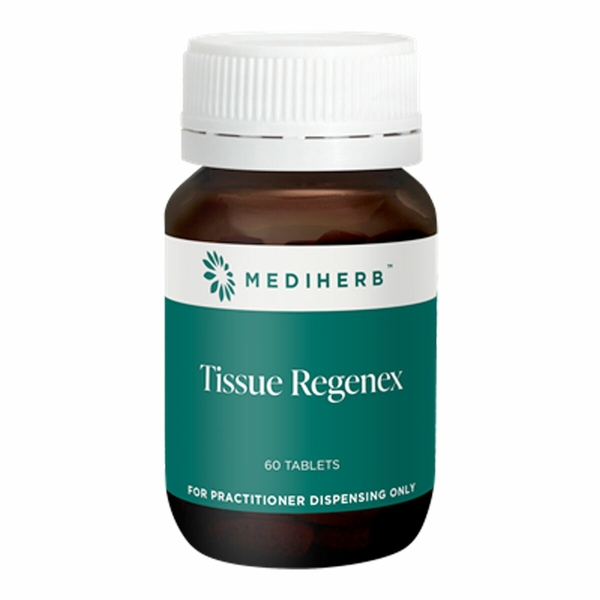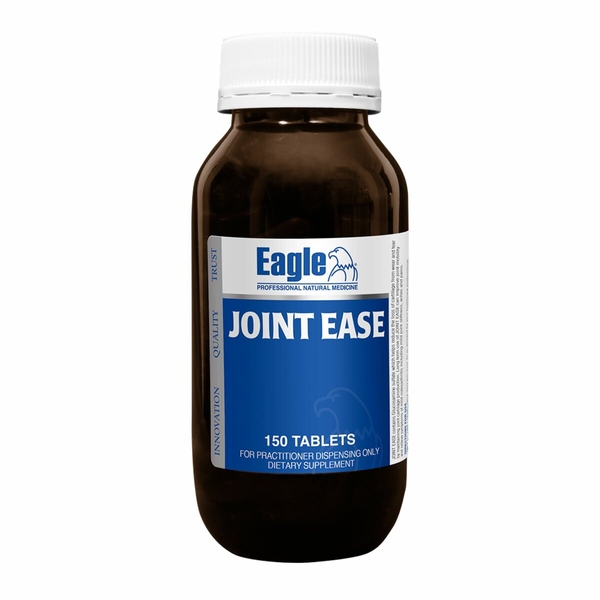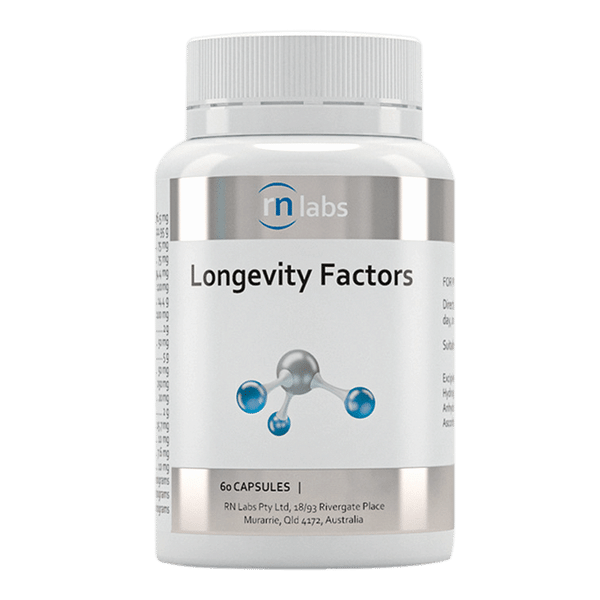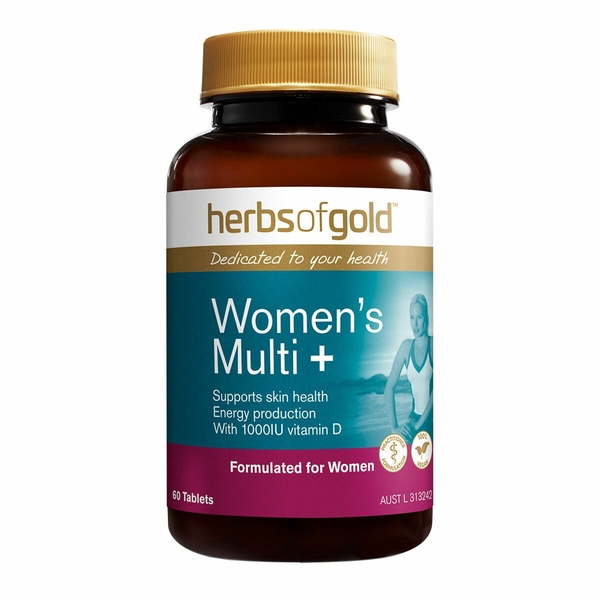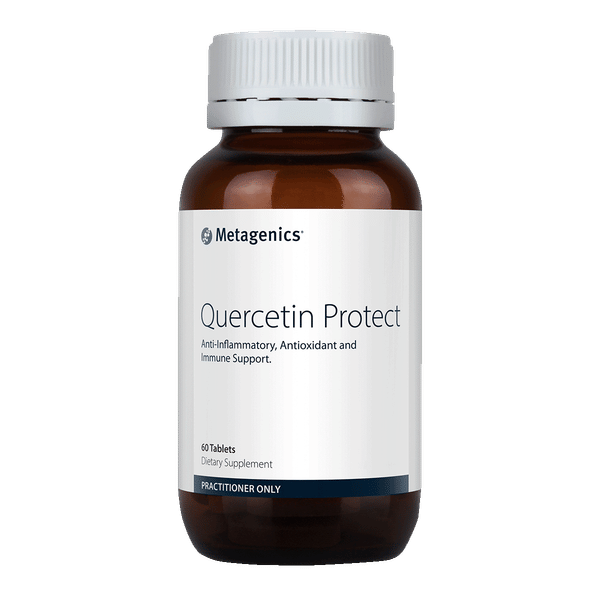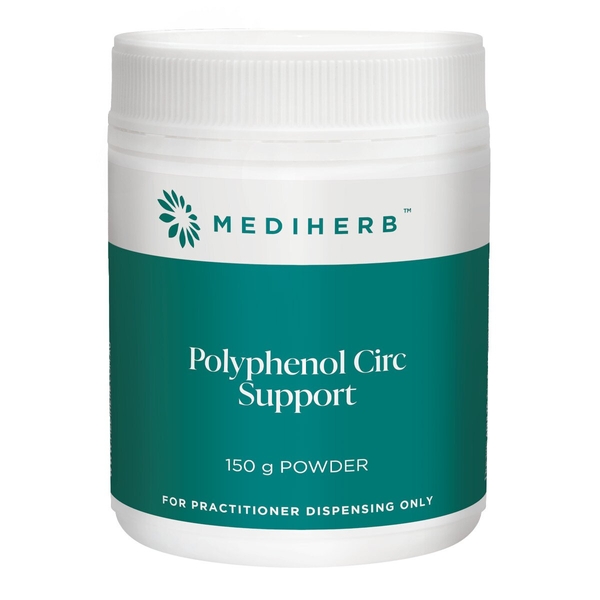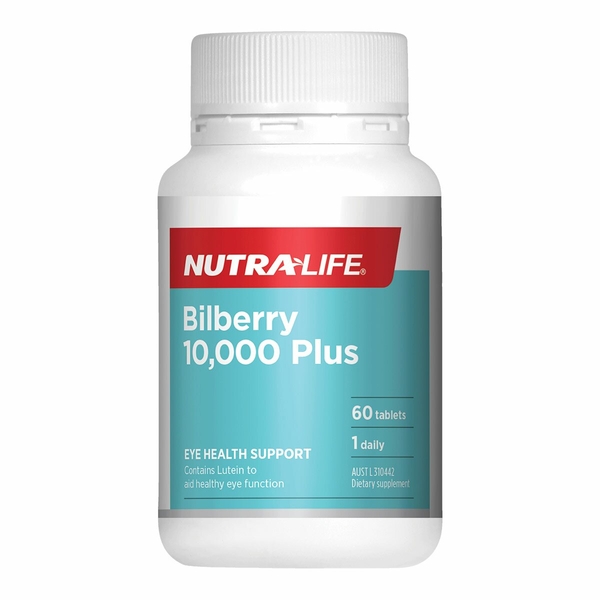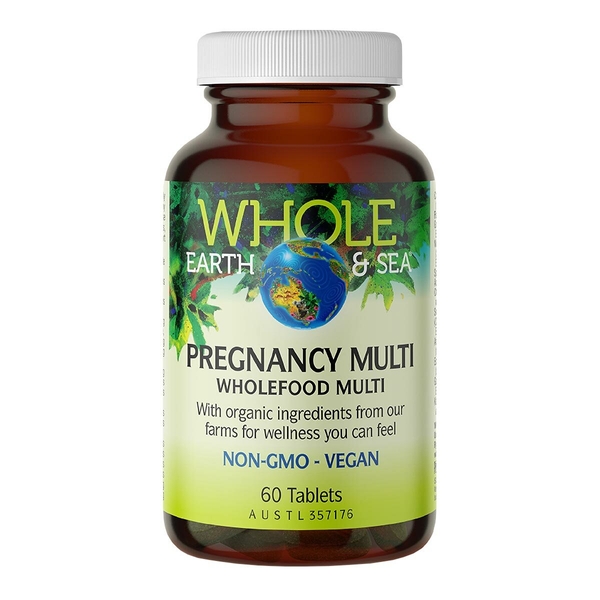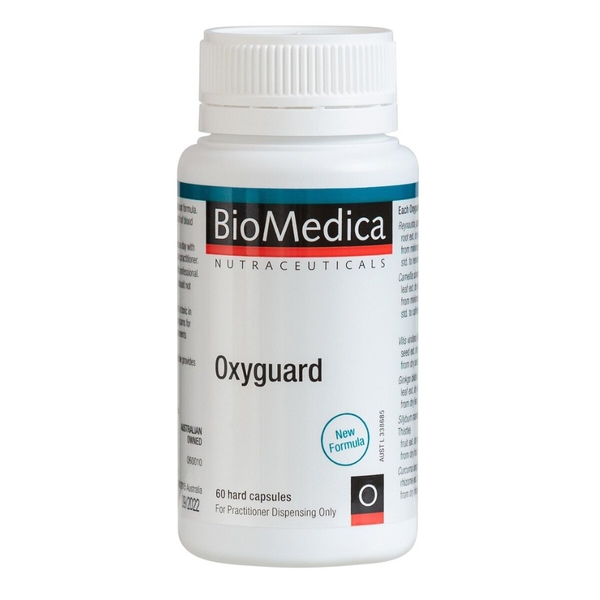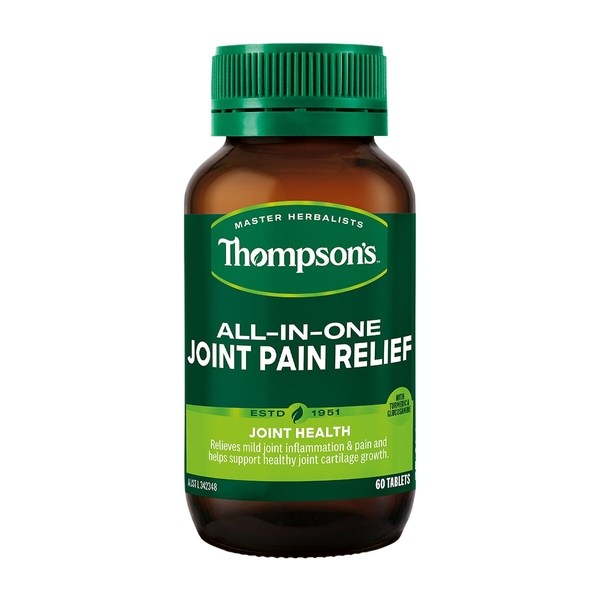
Background
The whole fruit, skin, leaves, and seed of grape are used as medicine. Grape contains flavonoids, which can have antioxidant effects. They might help prevent heart disease and have other beneficial effects. Red grape varieties provide more antioxidants than white or blush grape varieties.
People use grape for poor circulation that can cause the legs to swell. It is also used for eye stress, heart disease, high cholesterol, high blood pressure, obesity, and many other conditions. But there is no good scientific evidence to support most of these uses.
Don't confuse grape with grapefruit. These are not the same.
Safety Safety definitions
When applied to the skin: Grape seed oil is possibly safe when used for up to 3 weeks. There isn't enough reliable information to know if other parts of grape are safe to use.
Special Precautions & Warnings:
Pregnancy and breast-feeding: Grapes are commonly consumed in foods. There isn't enough reliable information to know if grape is safe to use in medicinal amounts when pregnant or breast-feeding. Stay on the safe side and stick to food amounts.Children: Grapes are commonly consumed in foods. But keep in mind that whole grapes are a potential choking hazard for children aged 5 years and younger. Whole grapes should be cut in half or quartered before being served to children. There isn't enough reliable information to know if grape is safe to use in amounts greater than those found in foods.
Bleeding conditions: Grape extract might slow blood clotting. Taking grape extract might increase the chances of bruising and bleeding in people with bleeding conditions. But it's not clear if this is a big concern.
Surgery: Grape extract might slow blood clotting. It might cause extra bleeding during and after surgery. Stop using grape extract at least 2 weeks before a scheduled surgery.
Effectiveness
- Poor circulation that can cause the legs to swell (chronic venous insufficiency or CVI). Taking grape seed extract or proanthocyanidin, a chemical in grape seeds, by mouth seems to reduce symptoms of CVI such as tired or heavy legs and pain.
- Hay fever. Taking grape seed extract by mouth doesn't seem to decrease seasonal allergy symptoms or the need to use allergy medications.
- Nausea and vomiting caused by cancer drug treatment. Drinking grape juice 30 minutes before meals for a week following each cycle of chemotherapy doesn't seem to reduce nausea or vomiting caused by chemotherapy.
- Overactive bladder. Drinking grape juice doesn't seem to improve overactive bladder in older males.
- Breast pain (mastalgia). Taking proanthocyanidin, a chemical found in grape seed extract, does not reduce breast tissue hardness, pain, or tenderness in people treated with radiation therapy for breast cancer.
- Obesity. Drinking grape juice or taking grape seed extract doesn't seem to reduce weight in overweight people. But it might help lower cholesterol and control blood sugar.
Dosing & administration
As medicine, whole grape extracts, grape seed extracts, grape leaf or vine extracts, grape juices, and grape pomaces have been used. Grape seed and grape vine extracts are also used in creams, ointments, and sprays. Speak with a healthcare provider to find out what type of product and dose might be best for a specific condition.
Interactions with pharmaceuticals
Cyclosporine (Neoral, Sandimmune)
Interaction Rating=Moderate Be cautious with this combination.
Drinking purple grape juice along with cyclosporine might decrease how much cyclosporine the body absorbs. This could decrease the effects of cyclosporine. Separate doses of grape juice and cyclosporine by at least 2 hours to avoid this interaction.
Medications changed by the liver (Cytochrome P450 1A2 (CYP1A2) substrates)
Interaction Rating=Moderate Be cautious with this combination.
Some medications are changed and broken down by the liver. Grape might change how quickly the liver breaks down these medications. This could change the effects and side effects of these medications.
Medications changed by the liver (Cytochrome P450 2C9 (CYP2C9) substrates)
Interaction Rating=Minor Be watchful with this combination.
Some medications are changed and broken down by the liver. Grape might change how quickly the liver breaks down these medications. This could change the effects and side effects of these medications.
Medications changed by the liver (Cytochrome P450 2D6 (CYP2D6) substrates)
Interaction Rating=Moderate Be cautious with this combination.
Some medications are changed and broken down by the liver. Grape might change how quickly the liver breaks down these medications. This could change the effects and side effects of these medications.
Medications changed by the liver (Cytochrome P450 2E1 (CYP2E1) substrates)
Interaction Rating=Moderate Be cautious with this combination.
Some medications are changed and broken down by the liver. Grape might change how quickly the liver breaks down these medications. This could change the effects and side effects of these medications.
Medications changed by the liver (Cytochrome P450 3A4 (CYP3A4) substrates)
Interaction Rating=Moderate Be cautious with this combination.
Some medications are changed and broken down by the liver. Grape might change how quickly the liver breaks down these medications. This could change the effects and side effects of these medications.
Medications that slow blood clotting (Anticoagulant / Antiplatelet drugs)
Interaction Rating=Moderate Be cautious with this combination.
Grape extract might slow blood clotting. Taking grape extract along with medications that also slow blood clotting might increase the risk of bruising and bleeding.
Midazolam (Versed)
Interaction Rating=Moderate Be cautious with this combination.
Taking grape seed extract for at least one week might increase how quickly the body gets rid of midazolam. This might decrease the effects of midazolam. But taking only a single dose of grape seed extract doesn't seem to have an effect on midazolam.
Phenacetin
Interaction Rating=Moderate Be cautious with this combination.
Drinking grape juice might increase how quickly the body breaks down phenacetin. Taking phenacetin along with grape juice might decrease the effects of phenacetin.
Interactions with herbs & supplements
Vitamin C: Taking vitamin C and grape seed polyphenols daily might increase blood pressure in people with high blood pressure. But this doesn't seem to happen when either vitamin C or grape seed polyphenols are taken alone.
Interactions with foods
Products
View all products- Vitis vinifera (Grape seed) ext. 250 mg equiv. procyanidins 237.5 mg
- Glutathione 25 mg
- Beta-carotene carotenoids (Vitamin A) 3 mg
- Ascorbic acid (Vitamin C) 150 mg
- d-alpha-Tocopheryl acid succinate 82.65 mg equiv. vitamin E 100 IU
- Selenomethionine 62.1 µg equiv. selenium 25 µg
- Zinc citrate dihydrate 31.15 mg equiv. zinc 10 mg
- Vitis vinifera (Grape seed) ext. 158 mg equiv. procyanidins 150 mg
- Tocopherols concentrate - mixed (low-alpha type) 12 mg
- d-alpha-Tocopheryl acid succinate 123 mg equiv. vitamin E 149 IU
- Ascorbic acid (Vitamin C) 100 mg
- Cholecalciferol 25 μg equiv. vitamin D3 1000 IU
- Co-methylcobalamin (Vitamin B12) 400 μg
- Zinc bisglycinate (Zinc amino acid chelate) 50 mg equiv. zinc 10 mg
- Camellia sinensis ext. 120 mg
- Beta-carotene carotenoids (Vitamin A) 6 mg
- Thiamine hydrochloride (Vitamin B1) 50 mg
- Riboflavin (Vitamin B2) 20 mg
- Nicotinamide (Vitamin B3) 100 mg
- Calcium pantothenate (Vitamin B5) 50 mg
- Pyridoxal 5-phosphate (P5P) 5 mg
- Pyridoxine hydrochloride (Vitamin B6) 30 mg
- Calcium folinate (Activated folate) 433 μg equiv. folinic acid 400 μg
- Biotin 50 μg
- Borax 26 mg equiv. boron 3 mg
- Manganese amino acid chelate 16 mg equiv. manganese 2.5 mg
- Chromic chloride 769 μg equiv. chromium 150 μg
- Molybdenum trioxide 188 μg equiv. molybdenum 125 μg
- Selenomethionine 188 μg equiv. selenium 75 μg
- Potassium iodide 131 μg equiv. iodine 100 μg
- Vitis vinifera (Grape seed) ext. 100 mg equiv. procyanidins equiv. oPC's (95%) 95 mg
- Silicon dioxide 20 mg equiv. silicon 7 mg
- Silica - colloidal anhydrous 6.43 mg equiv. silicon 3 mg
- Alpha lipoic acid 50 mg
- Cysteine hydrochloride monohydrate 21.75 mg equiv. cysteine 15 mg
- L-histidine 15 mg
- Lysine hydrochloride 15 mg
- L-proline 15 mg
- Vitis vinifera (Grape seed) ext. 60.4 mg equiv. procyanidins 57.4 mg
- Reynoutria japonica ext. 225 mg
- Zinc citrate dihydrate 15.6 mg equiv. zinc 5 mg
- Total Vitamin C 152.9 mg
- Calcium ascorbate dihydrate (Vitamin C) 125.5 mg equiv. ascorbic acid 103.7 mg
- Ascorbyl palmitate (Vitamin C) 45 mg equiv. ascorbic acid 19.1 mg
- Ascorbic acid (Vitamin C) 30.1 mg
- Beta-carotene carotenoids (Vitamin A) 2.7 mg
- Reduced glutathione 50 mg
- Silybum marianum ext. 18.8 mg
- Vaccinium myrtillus ext. 1 mg
- Retinol acetate 300 μg equiv. vitamin A 261 μg RE
- Riboflavin (Vitamin B2) 5 mg
- Nicotinamide (Vitamin B3) 20 mg
- R,S-alpha lipoic acid 20 mg
- Selenomethionine 248.6 μg equiv. selenium 100 μg
- Lycopersicon esculentum (Tomato) 8.3 mg equiv. lycopene 500 μg equiv. fresh fruit 2.9 g
- Palm tocotrienols complex (Vitamin E) 20 mg equiv. mixed tocopherols 900 μg
- Vitis vinifera (Grape seed) ext. 1 mg equiv. procyanidins 950 µg
- Glucosamine sulphate potassium chloride 663 mg equiv. glucosamine sulphate 500 mg
- Boswellia serrata ext. 66.7 mg
- Curcuma longa ext. 4 mg
- Nicotinamide (Vitamin B3) 200 mg
- Sodium ascorbate (Vitamin C) 112.5 mg equiv. ascorbic acid 100 mg
- Magnesium orotate dihydrate 103.6 mg equiv. magnesium 6.6 mg
- Manganese amino acid chelate 50 mg equiv. manganese 5 mg
- Cholecalciferol 2.5 μg equiv. vitamin D3 100 IU
- Silybum marianum ext. 5 mg
- Vitis vinifera (Grapevine) ext. 120 mg
- Nicotinamide riboside chloride (Vitamin B3) 75 mg equiv. ribose 34.4 mg
- Ganoderma lucidum ext. 100 mg
- Reynoutria japonica ext. 76.5 mg
- Pyridoxal 5-phosphate monohydrate (P5P) 15.7 mg equiv. pyridoxine 10 mg
- Menaquinone 7 (Vitamin K2) 45 µg
- Pinus radiata ext. 50 mg
- Vaccinium myrtillus ext. 20 mg
- Rosmarinus officinalis ext. 50 mg
- Hydroxocobalamin (Vitamin B12) 400 µg
- Calcium folinate (Activated folate) 434 µg equiv. folinic acid 400 µg
- Riboflavin 5-phosphate sodium (Activated B2) 10.4 mg equiv. riboflavin 7.6 mg
- Thiamine hydrochloride (Vitamin B1) 12.7 mg equiv. thiamine 10 mg
- Vitis vinifera (Grape seed) ext. 100 mg
- Co-methylcobalamin (Vitamin B12) 100 µg
- Ascorbic acid (Vitamin C) 100 mg
- Cholecalciferol 25 µg equiv. vitamin D3 1000 IU
- d-alpha-Tocopheryl acid succinate 41.3 mg equiv. vitamin E 50 IU
- Zinc citrate dihydrate 31.15 mg equiv. zinc 10 mg
- Thiamine hydrochloride (Vitamin B1) 25 mg equiv. thiamine 22.3 mg
- Riboflavin (Vitamin B2) 25 mg
- Nicotinamide (Vitamin B3) 50 mg
- Calcium pantothenate (Vitamin B5) 100 mg equiv. pantothenic acid 91.6 mg
- Pyridoxine hydrochloride (Vitamin B6) 60.8 mg equiv. pyridoxine 50 mg
- Folic acid 200 µg
- Levomefolate calcium (Activated folate) 124 µg equiv. levomefolic acid 100 µg
- Biotin 50 µg
- Choline bitartrate 25 mg
- Citrus bioflavonoids extract 50 mg
- Inositol 25 mg
- Calcium hydrogen phosphate 169.72 mg equiv. calcium 50 mg
- Calcium citrate tetrahydrate 71.09 mg equiv. calcium 15 mg
- Calcium pantothenate 100 mg equiv. calcium 8.4 mg
- Chromium nicotinate 417 µg equiv. chromium 50 µg
- Silica - colloidal anhydrous 42.78 mg equiv. silicon 20 mg
- Copper gluconate 3.57 mg equiv. copper 500 µg
- Ferrous fumarate 16.01 mg equiv. iron 5 mg
- Magnesium amino acid chelate 125 mg equiv. magnesium 25 mg
- Manganese amino acid chelate 10 mg equiv. manganese 1 mg
- Potassium iodide (Iodine) 196 µg equiv. iodine 150 µg equiv. potassium 46 µg
- Selenomethionine 124 µg equiv. selenium 50 µg
- Silybum marianum ext. 14.3 mg
- Vitis vinifera (Grape seed) ext. 25 mg
- Vaccinium myrtillus ext. 100 mg
- Lutein 6 mg
- Taurine 50 mg
- Glutamine 25 mg
- Citrus bioflavonoids extract 50 mg
- Rutin (Rutoside) 50 mg
- Ascorbic acid (Vitamin C) 263 mg
- Beta-carotene carotenoids (Vitamin A) 3 mg
- d-alpha-Tocopheryl acid succinate 62.6 mg equiv. vitamin E 75 IU
- Riboflavin (Vitamin B2) 25 mg
- Nicotinamide (Vitamin B3) 10 mg
- Chromic chloride hexahydrate 256.6 µg equiv. chromium 50 µg
- Zinc amino acid chelate 75 mg equiv. zinc 15 mg
- Vitis vinifera (Grape seed) ext. 21.5 mg
- Vitis vinifera (Grape seed) ext. 2 mg
- Calcium ascorbate dihydrate (Vitamin C) 11.08 mg equiv. ascorbic acid 10 mg equiv. calcium 1.2 mg
- Magnesium ascorbate (Vitamin C) 10.83 mg equiv. ascorbic acid 7.74 mg equiv. magnesium 1.083 mg
- Phyllanthus emblica ext. 9.52 mg
- Cholecalciferol 12.5 μg equiv. vitamin D3 500 IU
- d-alpha-Tocopheryl acid succinate 5 mg
- Levomefolate glucosamine (Activated folate) 345.54 μg equiv. levomefolic acid 200 μg
- Co-methylcobalamin (Vitamin B12) 100 μg
- Zinc citrate dihydrate 15.65 mg equiv. zinc 5 mg
- Beta-carotene carotenoids (Vitamin A) 2 mg
- Menaquinone 7 (Vitamin K2) 20 μg
- Thiamine hydrochloride (Vitamin B1) 1.59 mg equiv. thiamine 1.25 mg
- Riboflavin 5-phosphate sodium (Activated B2) 850 μg equiv. riboflavin 625 μg
- Nicotinamide (Vitamin B3) 6.25 mg
- Calcium pantothenate (Vitamin B5) 2.73 mg equiv. pantothenic acid 2.5 mg
- Pyridoxal 5-phosphate monohydrate (P5P) 1.01 mg equiv. pyridoxine 625 μg
- Calcified lithothamnion (Red algae) 154.55 mg equiv. calcium 48.8 mg equiv. magnesium 3.58 mg
- Ferric pyrophosphate 40.03 mg equiv. iron 12 mg
- Chromium picolinate 201.13 μg equiv. chromium 25 μg
- Cupric sulfate 982.3 μg equiv. copper 250 μg
- Ascophyllum nodosum 18.75 mg
- Manganese gluconate 5.48 mg equiv. manganese 625 μg
- Selenomethionine 62.09 μg equiv. selenium 25 μg
- Borax 1.5 mg equiv. boron 175 μg
- Lutein 250 μg
- Lycopene 250 μg
- Choline bitartrate 15.19 mg equiv. choline 6.25 mg
- Inositol 12.5 mg
- Vaccinium macrocarpon powder 5 mg
- Camellia sinensis ext. 2.5 mg
- Schizandra chinensis ext. 2.5 mg
- Euterpe oleracea (berry) ext. (Acai) 2.5 mg
- Chlorella vulgaris powder 2.5 mg
- Cynara scolymus powder 2.5 mg
- Echinacea purpurea powder 2.5 mg
- Allium sativum ext. 2.5 mg
- Brassica oleracea var. acephala (leaf) powder (Kale) 2.5 mg
- Punica granatum ext. 2.5 mg
- Lycopersicon esculentum powder 2.5 mg
- Hordeum vulgare (leaf) powder (Barley) 2.5 mg
- Citrus sinensis ext. 2.5 mg
- Magnesium aspartate 151.69 mg equiv. magnesium 30.34 mg
- Magnesium citrate 92.59 mg equiv. magnesium 15 mg
- Vaccinium macrocarpon powder 250 μg
- Vaccinium myrtillus powder 250 μg
- Fragaria ananassa (Strawberry) 250 μg
- Rubus idaeus powder 250 μg
- Punica granatum powder 250 μg
- Arthrospira platensis (Spirulina) 2.5 mg
- Vitis vinifera (Grape seed) ext. 4.167 mg
- Reynoutria japonica ext. 50 mg
- Ginkgo biloba ext. 6 mg
- Curcuma longa ext. 30 mg
- Vaccinium myrtillus ext. 1 mg
- Ascorbic acid (Vitamin C) 120 mg
- Silybum marianum ext. 11.43 mg
- Camellia sinensis ext. 50 mg
- Rutin (Rutoside) 100 mg
- Selenomethionine 125 μg equiv. selenium 50 μg
- Beta-carotene carotenoids (Vitamin A) 3 mg
- Glycine 50 mg
- Cysteine hydrochloride monohydrate 50 mg
- Glutamine 50 mg
- d-alpha-Tocopheryl acid succinate 82.64 mg equiv. vitamin E 100 IU
- Tocopherols concentrate - mixed (low-alpha type) 5 mg
- Zinc citrate dihydrate 15.58 mg equiv. zinc 5 mg
- Vitis vinifera (Grape seed) ext. 1 mg
- Glucosamine sulphate potassium chloride 663 mg equiv. glucosamine sulphate 500 mg equiv. potassium chloride 163 mg
- Cholecalciferol 2.5 µg equiv. vitamin D3 100 IU
- Boswellia serrata ext. 57.1 mg
- Nicotinamide (Vitamin B3) 200 mg
- Sodium ascorbate (Vitamin C) 112.5 mg equiv. ascorbic acid 100 mg
- Lecithin 100 mg
- Magnesium orotate dihydrate 103.58 mg equiv. magnesium 6.7 mg
- Manganese amino acid chelate 25 mg equiv. manganese 5 mg
- Silybum marianum ext. 5 mg
- Curcuma longa ext. 4 mg

